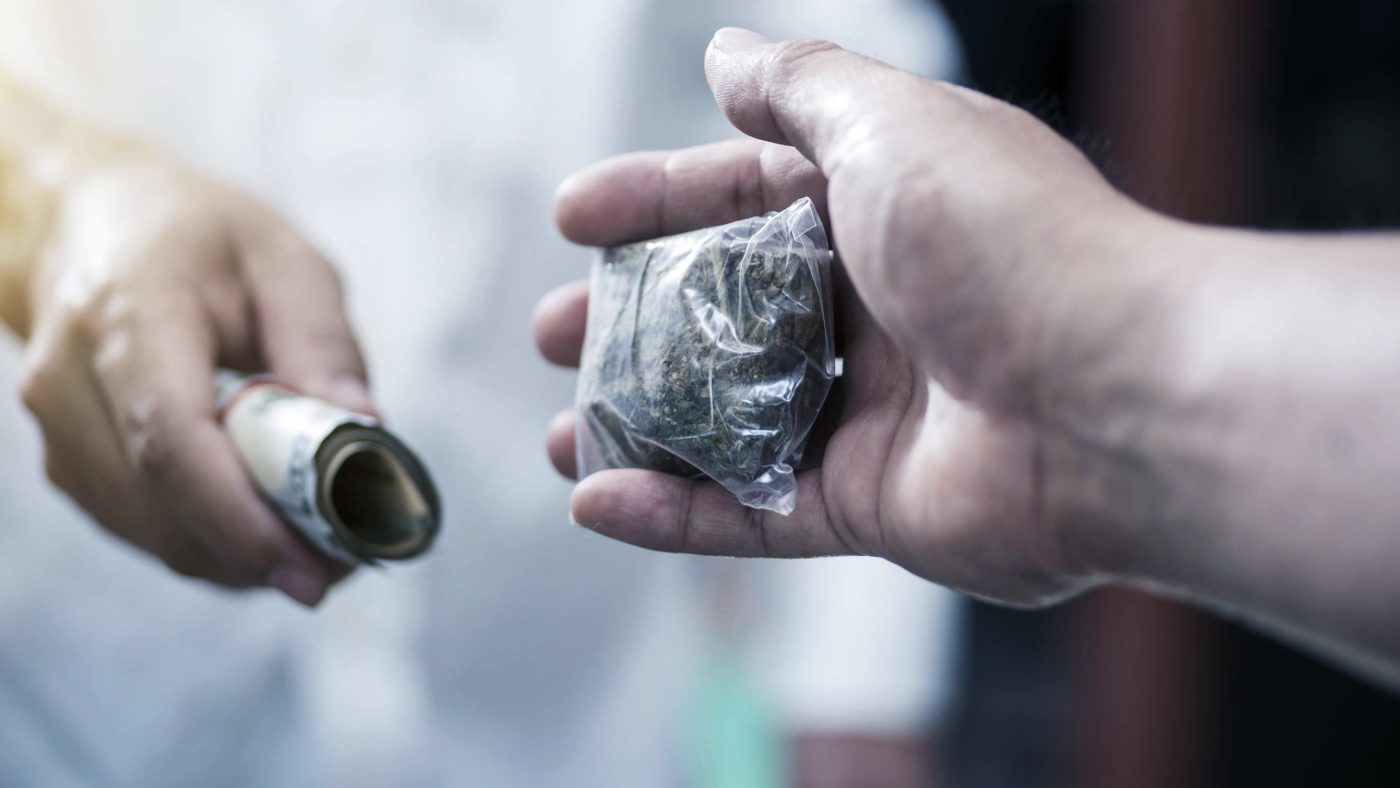One of the remarkable features about the Scottish National Party’s stranglehold on power in Edinburgh is that they have achieved it despite their actual governance record being terrible.
Nowhere is this more apparent that the fact that Scotland is now known as “the drug deaths capital of the world”.
The figures are truly horrifying. Amongst people aged 15 to 64 years old, deaths per million people are an extraordinary 315, according to NRS data. This compares to just 76 per million for Great Britain (excluding Northern Ireland) as a whole. No other country comes close.
Such numbers cry out for immediate action. Predictably, the SNP have instead floated ‘radical’ proposals as part of their ‘blueprint for independence’. The idea they will prioritise this issue in the event that they do break up the UK, having neglected it for so many years when politics was stable and the Barnett consequentials were flowing, is obviously for the birds.
But even if that weren’t the case, their preferred strategy – ‘decriminalisation’ – is also just a badly-judged halfway-house of a policy.
It isn’t difficult to see why decriminalisation often seems to be the default position for people vaguely interested in drugs reform. It inhabits the goldilocks space. On the one hand, naïve authoritarians who believe you can actually win a ‘war on drugs’. On the other, naïve libertarians who believe you can simply legalise narcotics and tax them like cigarettes – even as society creeps towards banning cigarettes.
Such a policy does offer some benefits. By removing the threat of criminal sanction, it makes people more likely to openly seek advice before purchasing drugs and help if they get into trouble whilst using. This would certainly save lives: many drug deaths, especially for substances such as MDMA (‘ecstasy’) are artefacts of prohibition and could be avoided if users felt more comfortable accessing information and support.
But decriminalisation nonetheless has a vast drawback compared to legalisation, which is that it basically legalises demand but not supply.
It isn’t difficult to predict how this might go. Whilst prohibition has not and likely will never stamp out demand for drugs, it nonetheless does likely have some suppressive effect on demand. Once this goes, consumers and would-be consumers will gain confidence, and the market will expand.
But the only people able to cater to this burgeoning demand will be existing criminal suppliers. Doubtless they will have little difficulty ramping up production and distribution to match – savvy buyers would be amongst decriminalisation’s winners, for sure. But do ministers really want to direct even more money into the black market, and fuel all its negative side-effects?
The virtue of legalisation is not just a libertarian fantasy about over-the-counter cocaine. Nor is it just about the revenue possibilities of new sin taxes. Sensible legalisation proposals focus on the benefits of making advice and information available at the point of sale, regulating the volume of a given substance sold to a customer, and being able to work with legitimate pharmaceutical companies to regulate product potency and purity.
Contra the libertarian caricature, legalisation may not actually always be better for the informed consumer – contrast the proposals for the sale of coke or MDMA in Transform’s How to Regulate Stimulants with the current system of being able to get pretty much whatever you want delivered to your door via dealers or the dark web. Rather, it offers the state a chance to try and squeeze the black market with a safer, regulated legal alternative.
That isn’t to say it’s a silver bullet. There are clearly substances which it will never be appropriate to sanction and retail. Prohibitionists know what they’re doing when they try to avoid hard questions about MDMA or ketamine by retreating behind cries of “crack and heroin!”.
Indeed, one of the things most likely to help the cause of drugs law reform is to stop treating ‘drugs’ as if they’re a coherent category that need a unified policy response. In fact, the word covers a huge range of substances, each with their own effects, audiences, and dangers, united by little more than the fact of their being illegal. The fact that ecstasy and heroin are both ‘Class A’ just makes Class A meaningless to anyone trying to gauge how dangerous (as opposed to simply illegal) a substance is.
All this is perhaps to treat the SNP’s proposals with more seriousness than they merit. They control one of the most powerful non-sovereign legislatures on Earth, and wilfully choose to confine themselves to fantasy politics about what they’d do after independence (with a bit more power and much less money).
But it is disappointing that even in their utopian wish list, Scottish drug policy seems to simply be a licence to print black-market money.
Click here to subscribe to our daily briefing – the best pieces from CapX and across the web.
CapX depends on the generosity of its readers. If you value what we do, please consider making a donation.


